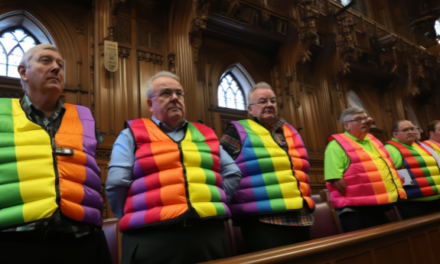the Oxford Dictionary has included the term “microaggression” along with a unique definition that aims to capture its subtle yet impactful nature. The newly added definition reads: “So tiny that you shouldn’t really care but still do.” This addition has sparked both intrigue and debate among language enthusiasts and social commentators.
Microaggressions, often described as subtle verbal or non-verbal acts of discrimination or bias, have gained increasing recognition in recent years. The decision to include this term in the Oxford Dictionary reflects the growing awareness of the nuanced ways in which prejudice and bias can manifest in everyday interactions.
By defining microaggressions as “so tiny that you shouldn’t really care but still do,” the Oxford Dictionary acknowledges the complex emotional impact these subtle acts can have on individuals. It highlights the paradoxical nature of these incidents, as they may seem insignificant in isolation but can accumulate over time to create a significant burden on those affected.
While some applaud the inclusion of this definition as a step toward raising awareness about the subtle forms of discrimination, others express concerns about the subjective nature of the term and the potential for it to be misused or overgeneralized. They argue that defining microaggressions in this manner may trivialize the experiences of those affected and undermine the seriousness of more overt forms of discrimination.
The Oxford Dictionary’s decision to add “microaggression” and provide a unique definition reflects the evolving nature of language and the recognition of the subtle ways in which bias and discrimination can manifest. As discussions around inclusivity and social justice continue to evolve, the term “microaggression” and its definition contribute to a broader understanding of the complexities of discrimination in contemporary society.
As with any addition to a widely respected dictionary, the inclusion of “microaggression” with its distinctive definition will likely invite ongoing discussions and debates about the intricacies of language, societal norms, and the recognition of diverse experiences. The Oxford Dictionary’s role in documenting and reflecting the evolution of language ensures that these important conversations continue to shape our understanding of the world around us.
















